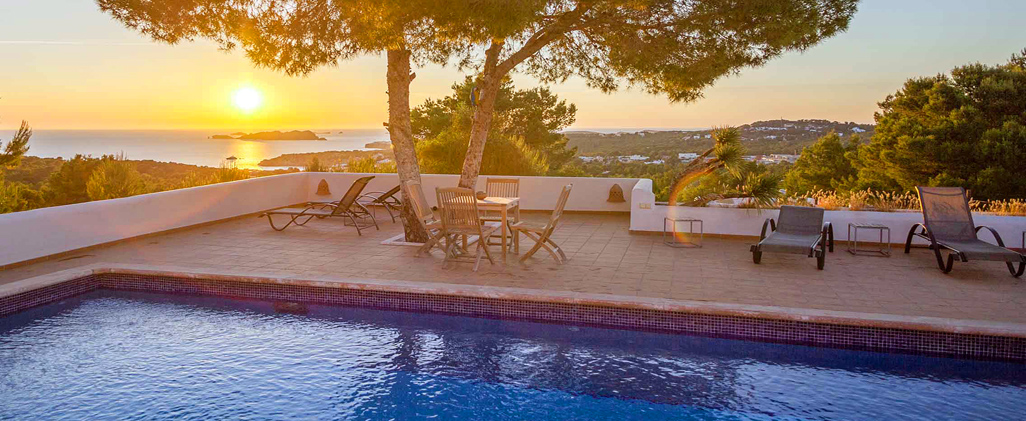Future Looks Bright For Homes In The Sun
The number of property sales throughout Spain rose by 11% during the third quarter of 2018 when compared to the same period of last year. According to data published by the National Institute of Statistics (INE) there were 38,621 Spanish home sales registered during the period up until 11th September. This figure rises to 42,766 if subsidised homes (VPOs) are included.
Findings indicate a strong growth in most areas of Spain, with the notable exception of some holiday destinations, including the Canary Islands and Balearics. This could be due to a shortage of available properties at affordable prices. Certainly property prices in the Balearics have continued to grow steadily showing a 4% rise in the 12 months up to November, but this figure is slightly lower than the national average of 5%.
There is, however, no doubt that coastal properties in the Balearics and the Canary Islands along with homes in major cities such as Barcelona and Madrid are the type of real estate most in demand. The Balearics and Canaries have enjoyed the greatest growth in property prices since the end of the recession in 2014 increasing by almost 20% over the four year period.
Property values are still much lower than they were before the financial crisis with Spanish house prices in general being almost 35% lower than in 2007. The Balearics and Canary Islands, however, have seen an overall fall of just 22% when compared to 2007. The property market, as a whole, looks good for the Balearics with the only remaining problem for developers and agents being the maintenance of supply. Undoubtedly the rental market has also continued to thrive despite new legislation aimed to curb unauthorised tourism in private accommodation.
Despite concerns over Brexit, UK buyers still represented the single largest nationality to invest in Spanish property with a share of sales hitting 16% in the third quarter of 2018. In Murcia, a staggering 57% of all foreign property investment was British. The next biggest buyers were the French with 8%, only half of the volume of British Sales, followed by Germany with 7% and Belgium with 6%.
Recently there has also been good news for would-be mortgage holders in Spain which may give confidence to investors requiring capital to buy. Spain has been criticised for dragging its feet in implementing the European Courts’ ruling on the illegality of mortgages with floor clauses. Such clauses have left many Spanish mortgage holders in a huge amount of debt and resulted in extortionate rates and repayments.
The country has been instructed to enforce the European Union policy or face fines of 100,000€ per day until the law is passed. The new legislation will also extend to the period of default in mortgage payments before a bank can seek repossession from the 3 months that is presently the law in Spain to the current European standard of 12 months or 3% of the Capital. Changes to these laws will inspire more investors who are visionaries, but not risk-takers, to finance their dreams with greater peace of mind.
Good news for investors, certainly, but also for the Spanish economy in general. Levels of home ownership is one of the key indicators of national wealth and the demand for property will drive industry to produce. Short supply is the major contributing factor to the drop in sales on the Balearic islands, so, armed with the backing of the European Union, potential buyers, with more favourable mortgage conditions will be the driving force behind future growth and development.
Do you have a property to sell? Are you looking for a property to buy?
Please let us know by using the details below or you can use the Contact Us page on our website.
Tel: +34 971 80 36 80 / Mobile: +34 606 868 756
@: yvonne@everythingibiza.com










